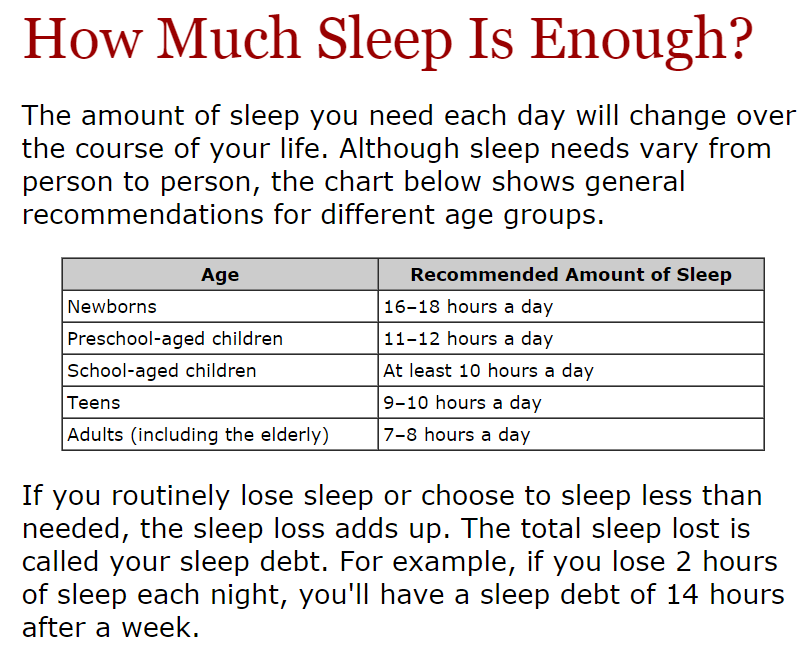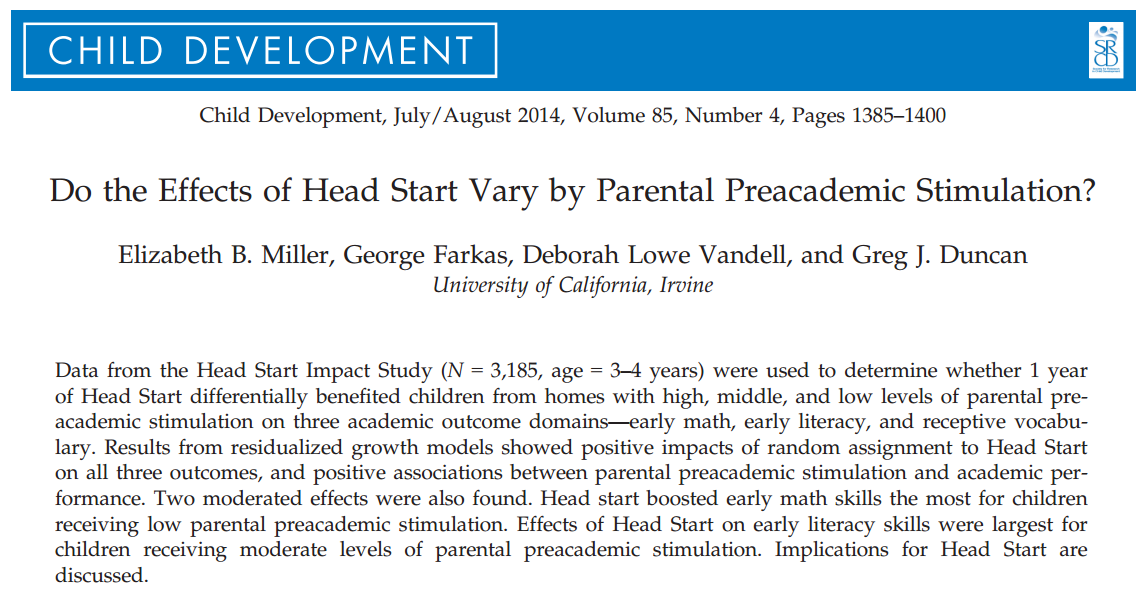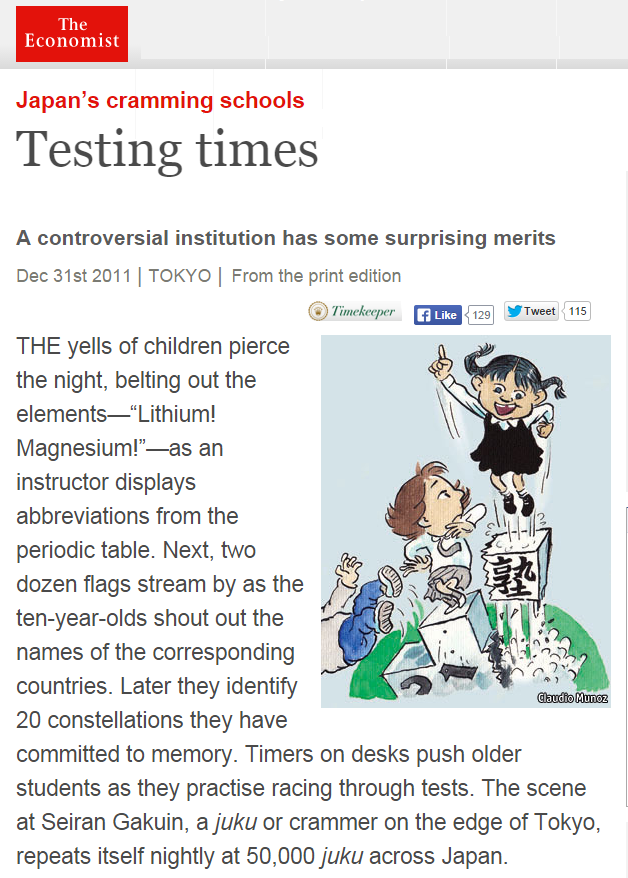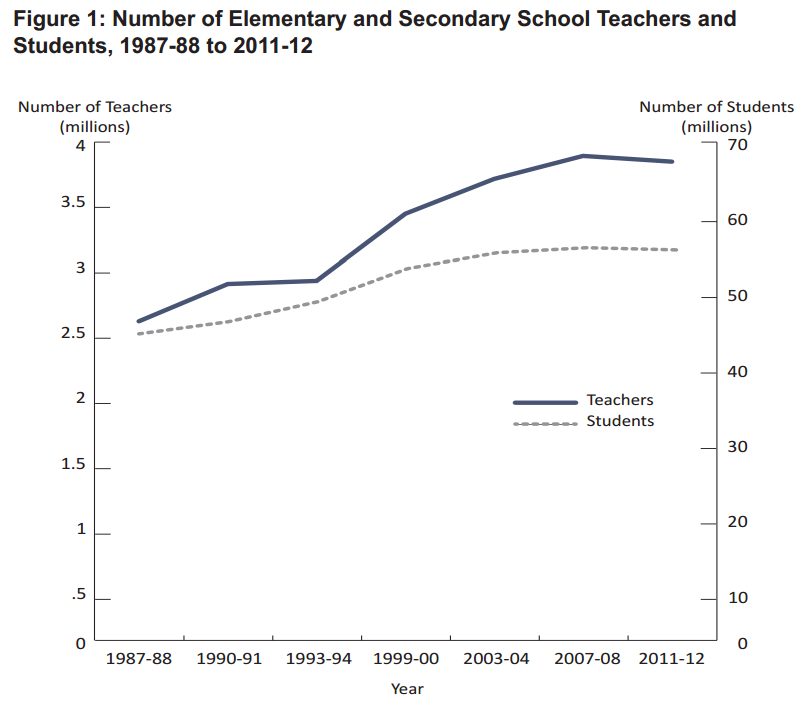Contests and Learning

A child growing up could be exposed quite early to competition. There are contests and pageants. In these activities, it is clear that comparisons between children are made. A child therefore inherently develops an objective, not to be seen as a loser, but as a winner. But contests are actually teaching a child one other thing. We may not be aware of it, but saying to a child, "You are smart", may in fact be no different from saying, "You are stupid". Both assume that academic achievement comes from an intrinsic talent or lack thereof. This obviously goes against what learning is all about. At Mason Crest Elementary School in Annandale, where my children are enrolled, the specific mission is " to ensure high levels of learning for all. " This mission becomes more obvious with the fact that the teachers in the school generally subscribe to a "mastery" achievement goal as opposed to a "performance" achievement goal. These two goals are ...
















